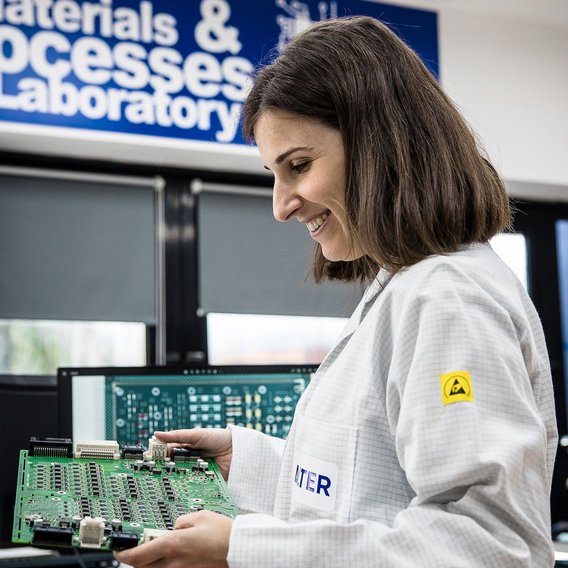Global expertise, local services.
Founded more than 150 years ago, we stand for security and trust worldwide. As a knowledge company, we have digital networking firmly in our sights. Whether engineers, IT security experts or specialists for the mobility of the future: with our 15,000 employees in over 100 countries, we ensure that people can continue to rely on technology in the future.



